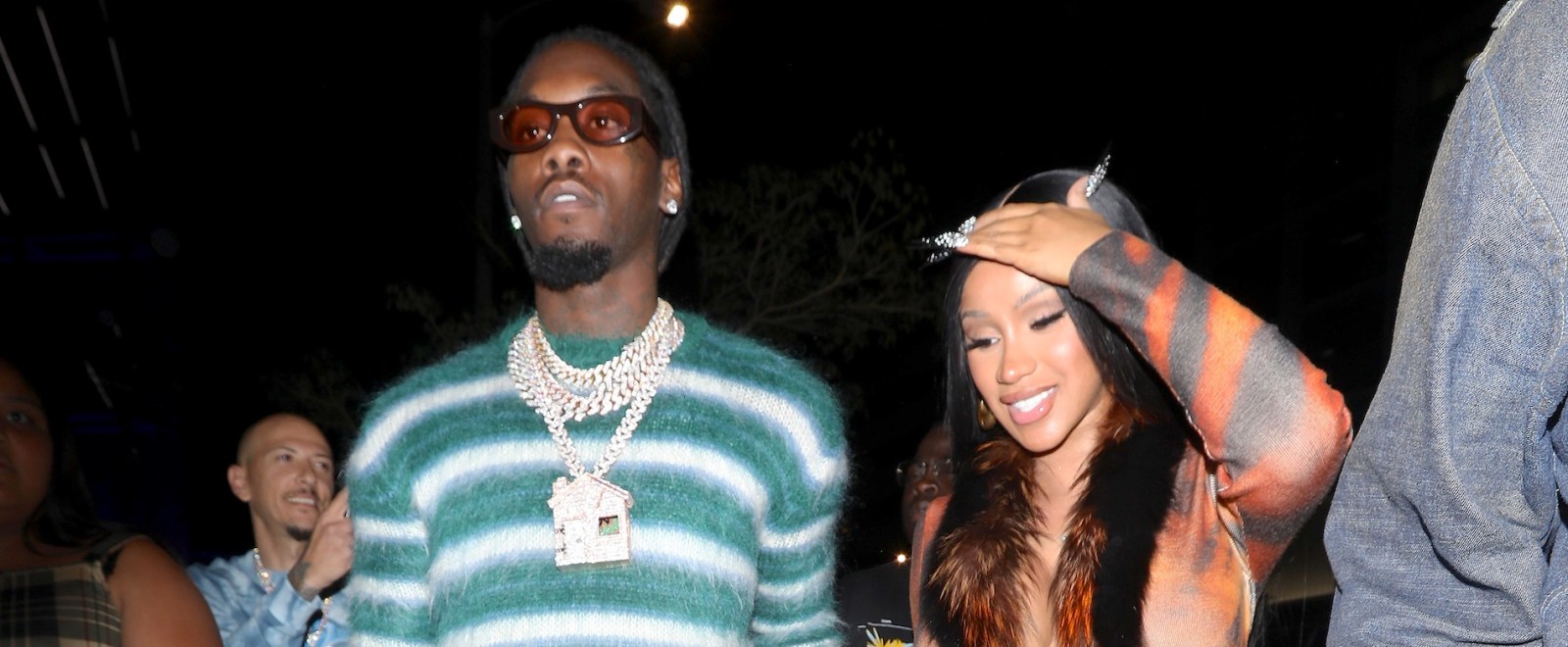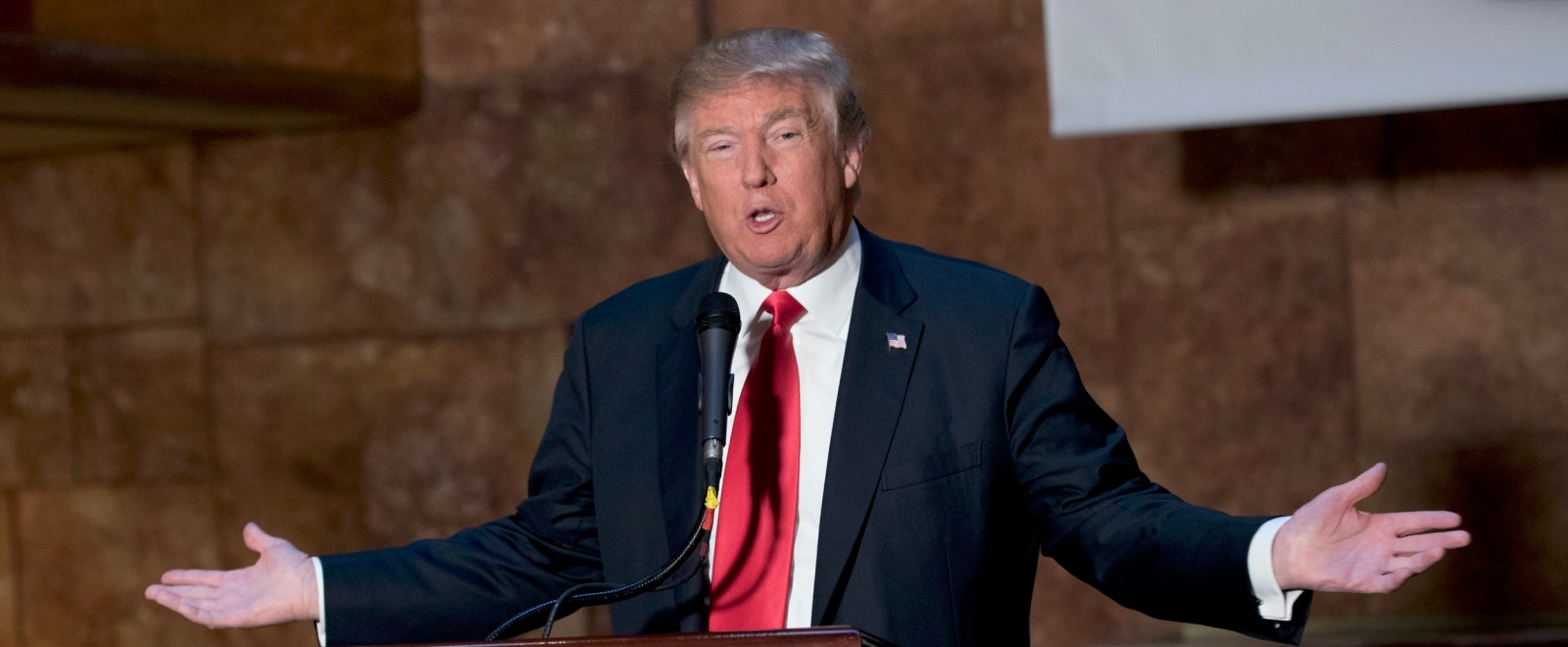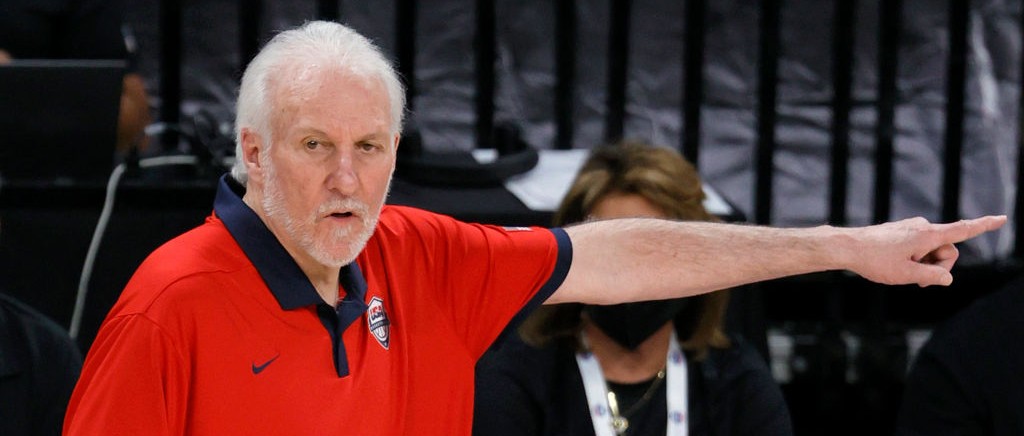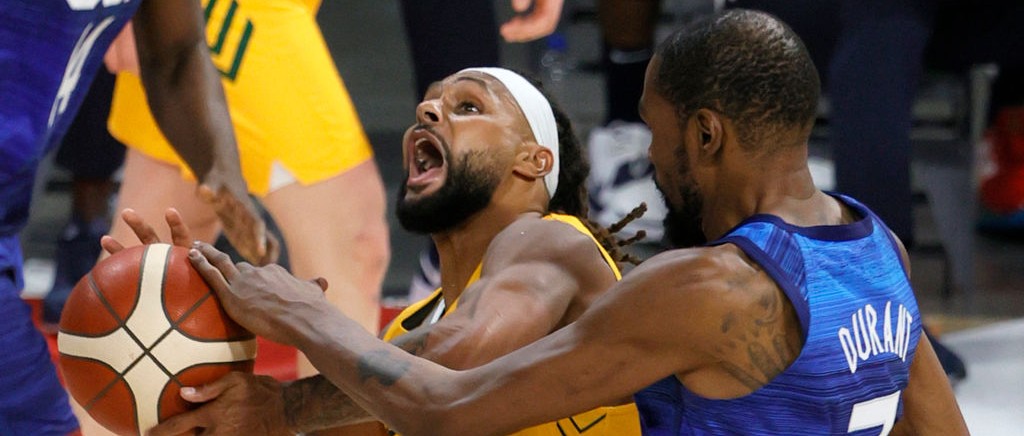
Over the weekend, Cardi B and Offset’s daughter Kulture celebrated her third birthday, and aside from an extravagant party, the youngster also enjoyed a high-end gift from her parents: a watch valued at at least $150,000. Cardi generates opinions pretty much no matter what she does, so naturally, people online had thoughts about the gift. Now Cardi has responded to detractors wondering why a kid that young needs such a fancy present.
Cardi explained that she’s giving her daughter the childhood she never had, tweeting, “Listen imma live my childhood dreams thru my kids [laughing emojis].” A Twitter user responded to that tweet, “Cardi honey….You openly said this? Proudly? Loudly? Yikes.” Cardi replied, “Yes why not ? Princess parties ,unlimited toys , vacations and Pools my kid loves the pool and I went to the pool like 5 times in my childhood. Different flavor cereal not just Raisin Bran.”
Cardi later said of her detractors, “They want me to be just as miserable as them .Same ol sh*t .Then speak about it for a week and play victim like if I started with them .You can’t show people you happy here it make b*tches pull their coochie hairs .”
Check out Cardi’s posts below.
Listen imma live my childhood dreams thru my kids
— iamcardib (@iamcardib) July 11, 2021
Yes why not ? Princess parties ,unlimited toys , vacations and Pools my kid loves the pool and I went to the pool like 5 times in my childhood. Different flavor cereal not just Raisin Bran
https://t.co/tnIYry5LoI
— iamcardib (@iamcardib) July 12, 2021
They want me to be just as miserable as them .Same ol shit .Then speak about it for a week and play victim like if I started with them .You can’t show people you happy here it make bitches pull their coochie hairs . https://t.co/M7THifmUJJ
— iamcardib (@iamcardib) July 12, 2021
Cardi B is a Warner Music artist. Uproxx is an independent subsidiary of Warner Music Group.






 NBCSN
NBCSN 







